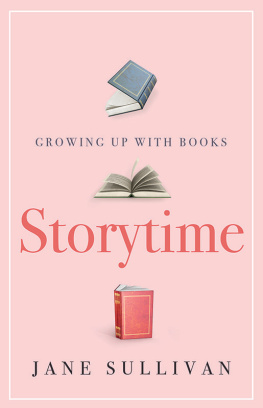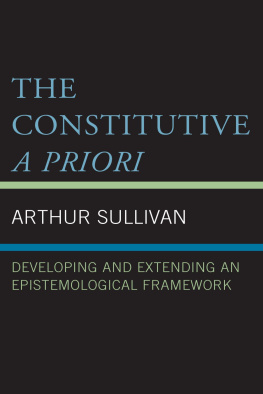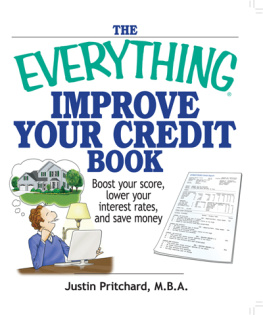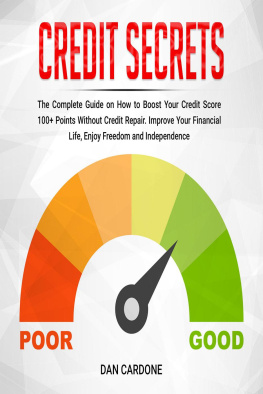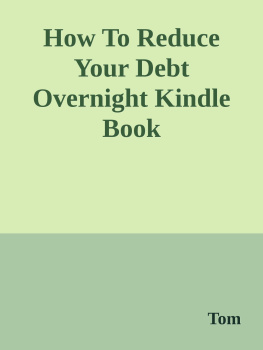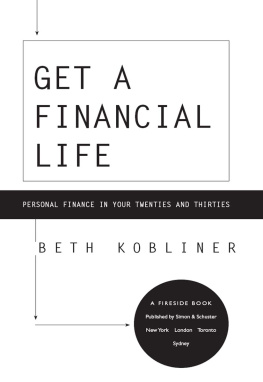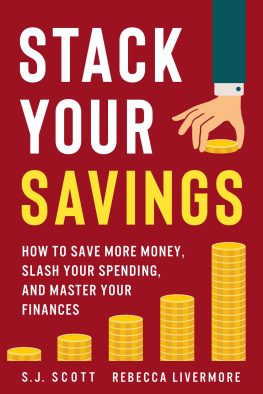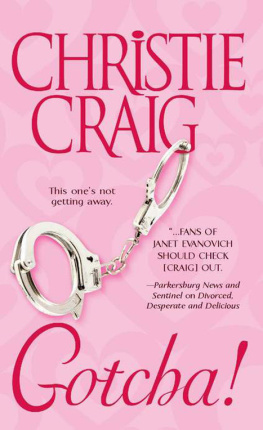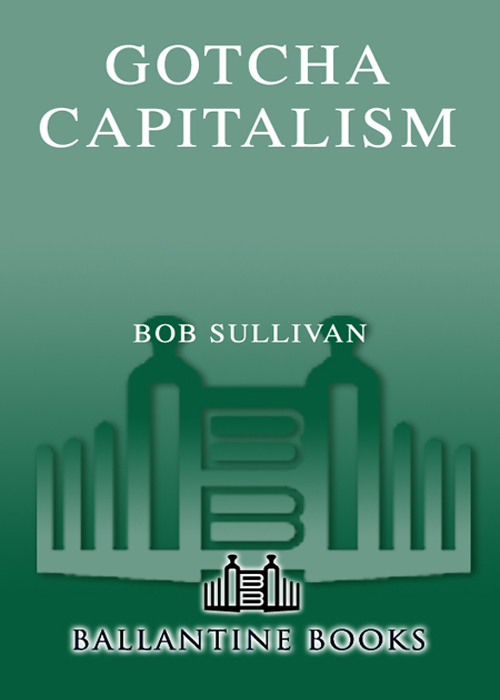
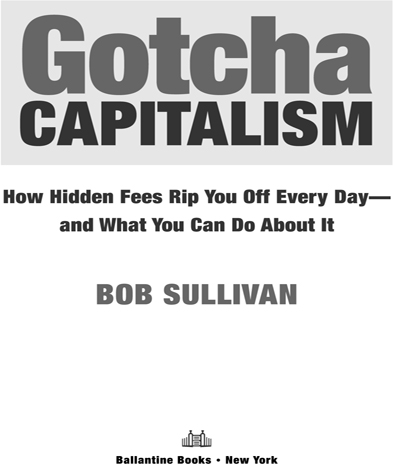
Contents
Preface
W hile it's always better to be on vacation than at work, any economist will tell you it's usually terrible to be a tourist.
Last Christmas season, a New York City hot-dog vendor demonstrated this for me. I was walking across the street from Radio City Music Hall, on my way to Rockefeller Center, dragging a piece of luggage on wheels behind me, taking in the sounds and smells of Christmas in the city. I stopped for a snack at the corner, something I've done far too often, so I know my way around pushcarts.
While my salesman pulled out the bun, I handed him a $5 bill. He handed me back $2. Street dogs cost more like $1.25, and never more than $2, in Manhattan, so I knew something was wrong. I grabbed the bills, made a funny face, and then said, That's $3?
Yeah, man, he answered, without hesitation.
Well, that's the most expensive hot dog I've ever had in New York, I said, responding with culturally sensitive hyperbole.
Well, you know, it's Christmas, the vendor offered back, this time a bit more sheepishly. Then he whipped out the mustard.
After beating back the moment of self-doubt that always arises at a time like this (maybe they do raise prices at Christmas?), I began to mentally gather my options: Start talking very loudly about the price, scaring away other customers? Find a bored-looking cop to involve? Whip out my press badge or a camera?
Perhaps my consumer-affairs-reporter nostrils started to flare, because the vendor began to make idle conversation.
So, what are you doing? he asked me.
Going to work around the corner, right there, I shot back, pointing toward Rockefeller Center.
I don't know if the proximity of my office gave the vendor a change of heart, or it was my accent (I was sure to say caw-nah). But that did it.
I'm sorry, man, he said. He reached behind his till, grabbed a dollar, and handed it to me. I thought you were a tourist.
I grabbed the bill, mustered my best I'm so disappointed in you glare, and walked off as he cried after me I'm sorry two more times.
T ourists and locals are always treated differently. Tourists always pay more and get less. Think of any trip you've ever takenparticularly overseasand those moments when you don't know where to go, what to do, or what the local rules are. You always pay more than you should. If you're lucky, and smart, you quickly attach yourself to a local and start finding the better restaurants, the higher-quality lamb's-wool sweaters, and a fair exchange rate.
America's massive corporations long ago noticed this and set about to make us all tourists. When you sign up for cell phone service, get a new credit card, or subscribe to satellite TV, you are entering a foreign land full of arbitrary rules no normal consumer could anticipate. At every turn, whenever you make a mistake, you violate one of these unimaginable and unpredictable rules and it costs you. Corporate America is making a killing by charging this tourist premium on everythingone $2 penalty fee at a time.
This is what I call Gotcha Capitalism.
The butcher on the corner of days gone by would never think of adding such sneaky fees; if he did, he would have been run out of town. But satellite-TV firms and cable companies don't have offices around the corner. To virtually all Americans, these firms are disembodied entities that exist in some virtual reality a world away; we know them only by the slips of irritating paper they mail us once a month indicating that, once again, we owe them more than we think we should. Got a problem? Send off a letter to this disembodied entity in Never Never Land, or worse still, call on the telephone, sit on hold for an hour, and talk to someone who quite literally works a world away, at a phone bank somewhere in India. This detached virtual world is every consumer's reality now.
But you don't have to be a tourist in it.
This world does have rules. It does have social conventions. Simply by knowing the language of Gotcha Capitalism, by letting a company know you are a local and not a tourist, you will save hundreds or thousands of dollars every year. The electronic equivalent of a New York accent, a letter or call that deploys the right magic words, or simply a well-timed question, will produce immediate results. By showing you know what you're doing, that you know your way around the world of Gotchas, you will literally have everyone from hot-dog vendors to cable-television companies handing you dollars to get you to walk away quietly. That's when you've become a local in the world of Gotcha Capitalism.
It's not fair that you have to waste your time learning these rules, and I wish you didn't have to. But failing to learn the language will cost youresearch we did for this book suggests at least $946 annuallyperhaps more than you save for retirement every year. My goal is to help you get back most of that money. Let me be your local guide.
In this book I will show you how companies size you up. I'll take you inside the dark rooms where committees dream up insidious ways to cheat you. I'll introduce you to terms like reverse competition and shroudingtactics you've probably never heard of that cost you hundreds of dollars each year. Then, after showing you the madness in these methods, I will break apart thirteen industries that hit you with more than a hundred sneaky fees each year, and show you how to stop losing all that money. In the back of the book, you'll find a tool kit packed with sample letters, telephone scripts, and other handy tools you can use today to get refunds and satisfaction, and to get around in the world of Gotchas.
I know you are busy. In fact, I know you are already too busy to read all that fine print companies throw at you every time you buy something. The last thing you need is more homework. So I've designed this book to be interactive. Each industry has its own chapter, and most fees have their own subhead. The book is designed so you can pick it up and refer to it as needed. To really understand the sea change that's happening to the U.S. economy, you'd be best off reading the introductory chapter that follows, which will open your eyes to the hidden world of sneaky fees. But if you are really hellbent on saving money and invoking your rights right away, by all means, skip ahead to the company or industry you intend to challenge. Start saving money now.
Gotcha Capitalism is a strange land with strange rules, but it doesn't have to be. This book is meant to be your travel guide to this foreign land. Here are the secret rules for surviving as a consumer in twenty-first-century America.

Introduction to the Toolkit
Okay, now that you know the game, and you know the rules, I want to give you the tools. In this section, you'll find a host of essential, specific tools for fighting back against sneaky fees and deceptive practices. They run from simple to complex, starting with how to make a successful complaint phone call, rising through letters to government agencies, and eventually, a primer on your legal options. This section also includes detailed results of the Ponemon Institute Gotcha study, including specific amounts average Americans lose each year on various bills, and most important, the likelihood that you'll get a refund from each industry. We begin with a discussion of customer-service phone calls, including tips from employees who take calls in phone-bank sweatshops and sample scripts you can whip out if you feel you need help breaking through those brick walls.
Next page

